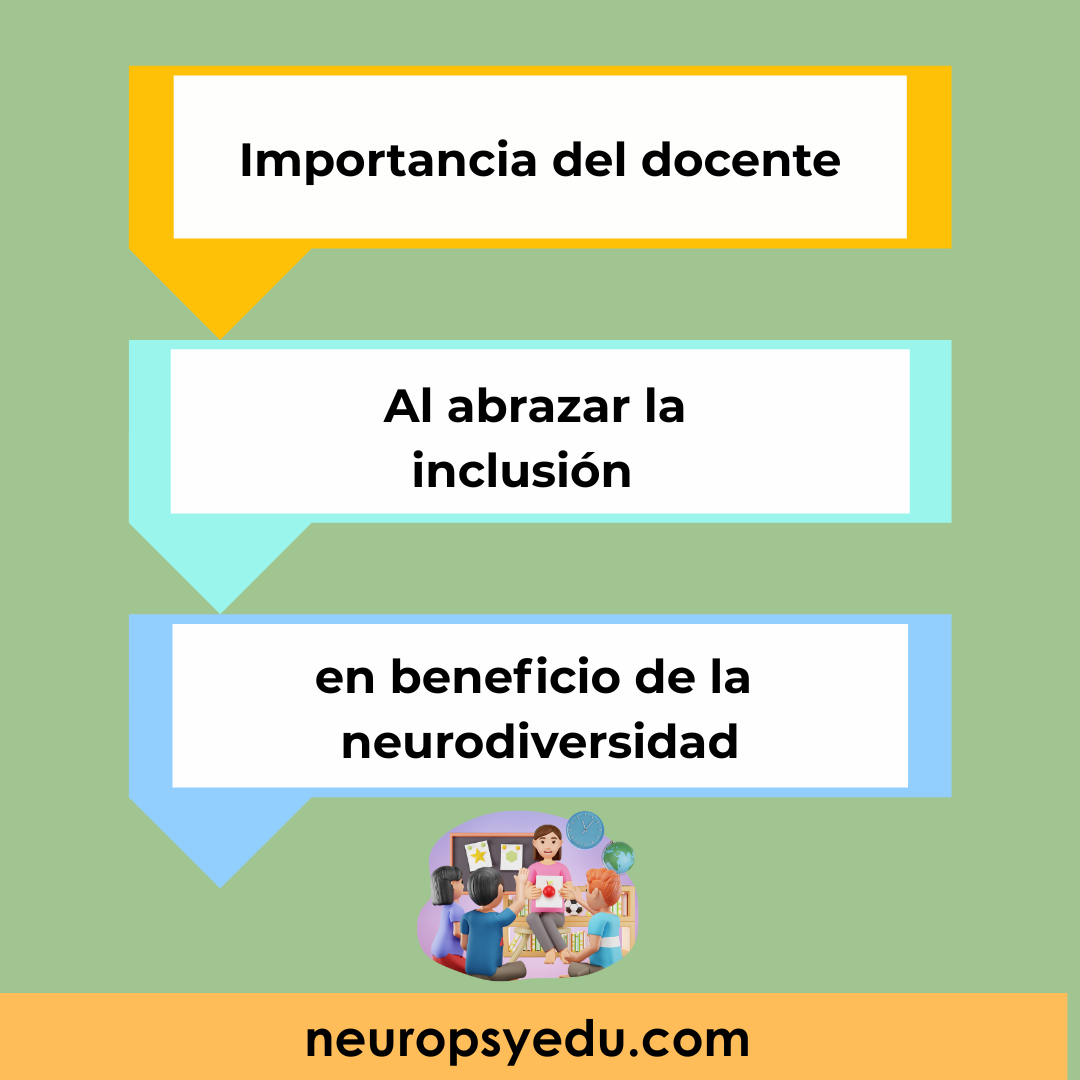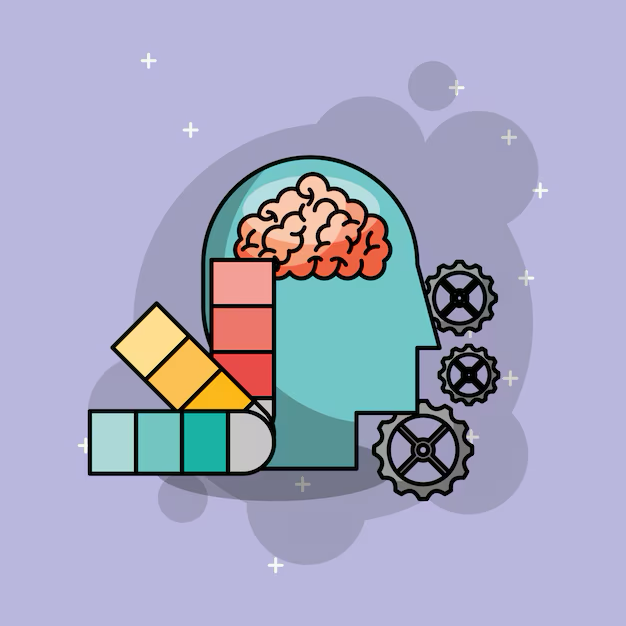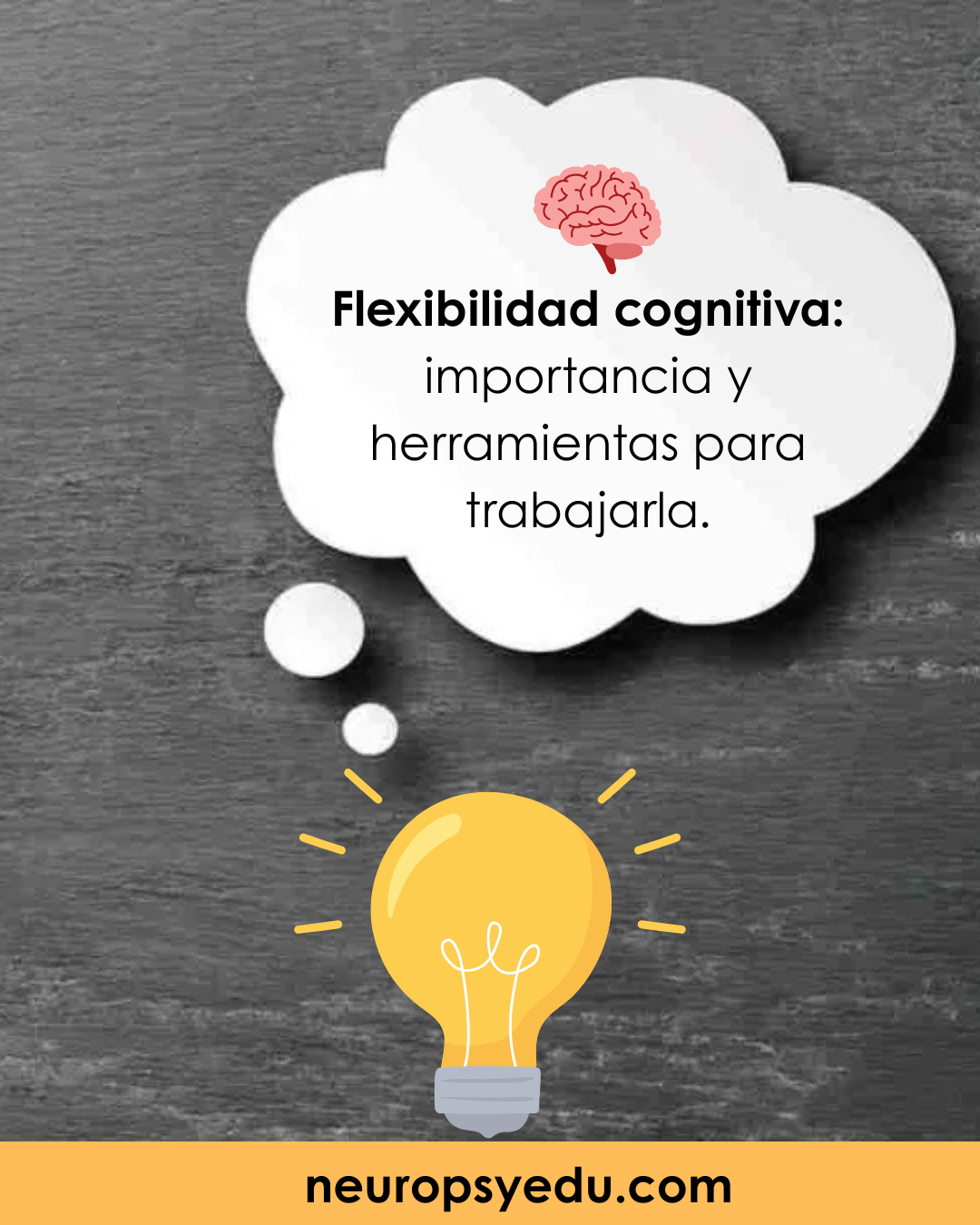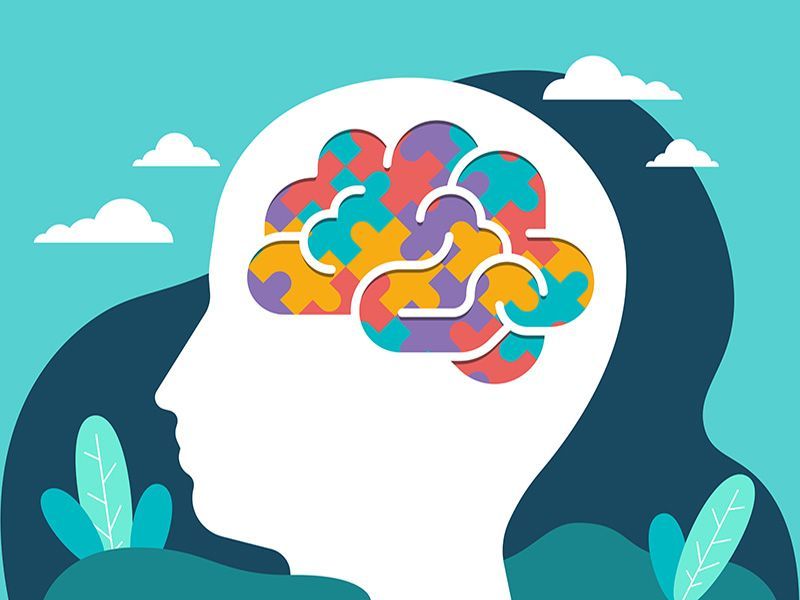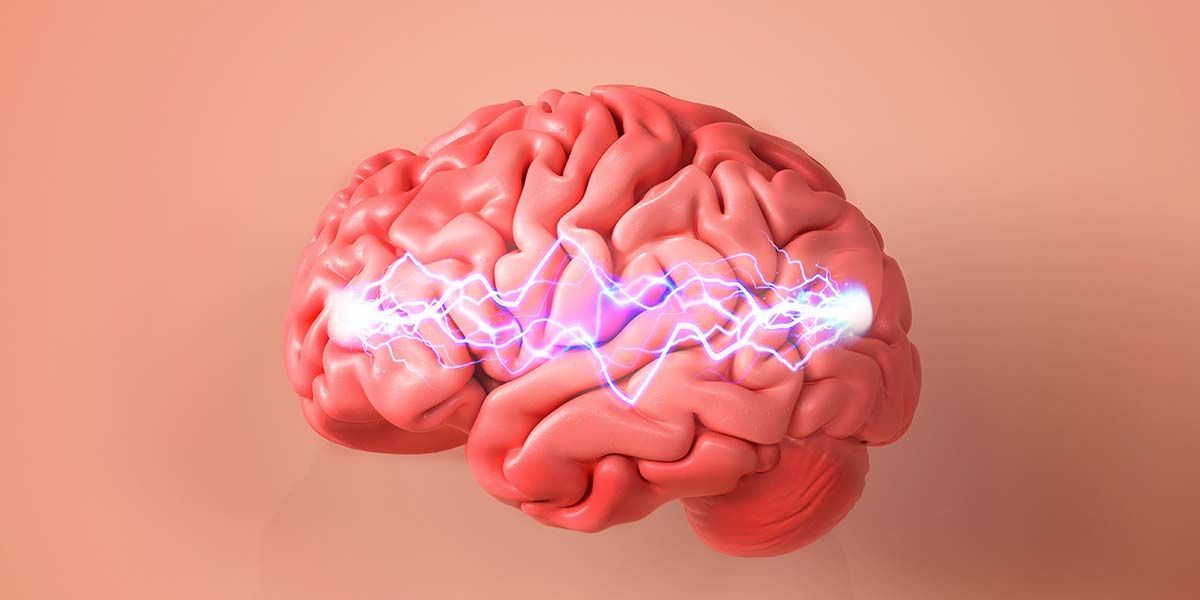ADHD: Evaluation, Diagnosis and Treatment in Panama
🧐Attention Deficit Disorder with or without Hyperactivity (ADD or ADHD) is a neurodevelopmental disorder with a neurobiological basis. It is characterized by a persistent pattern of inattention and/or hyperactivity-impulsivity that interferes with the individual's functioning in various contexts (APA, 2013). On an epidemiological standpoint, ADHD has maintained a consistent prevalence in the last ten years, reaching a prevalence between 3.4% to 5.3% (Polanczyk et al., 2015).
🧠Neurobiologically speaking, ADHD is a complex neuropsychiatric condition that causes structural and functional changes in the brain’s neurochemistry. Structural changes include changes in the prefrontal cortex, striatum, and cerebellum. Functional changes include the alteration of dopamine and noradrenaline levels; neurotransmitters that are crucial in the pathophysiology of this neurodevelopmental disorder (Mehta et al., 2019).
🔎Neuropsychological evaluation is important to measure and assess cognitive and behavioral functions, so that we can conclude if the disorder is affecting alternative processes known to ADHD. This is known as comorbidity (Fenollar-Cortes, 2022; Vasquez-Justo et al., 2017). Some areas that can be affected in patients with ADHD symptoms include: emotional concerns (self-esteem), motor coordination (writing), disruptive behavior (limits and rules), executive functions and time management (problem resolution, time management, temporal sequencing)
🤓In the next paragraphs we will touch base on standardized tests used to assess ADHD. The name of each evaluation will be in blue, meaning that if you are interested to learn more about this evaluation, you can click on it and will be directed to a webpage with all the information that pertains to it.
✅Scales to Detect ADHD and Associated Difficulties (Conners Rating Scale): According to APA, for ADHD to be diagnosed, it has to be present in two different contexts (2013). The Conners Rating Scale asks questions pertaining to behavior, work or schoolwork, and social life. The answers to these questions help professionals assess which ADHD symptoms you might show.
✅Assessing Attention Levels (d2-R Test of Attention): Attention is a key aspect for learning to happen. That is why tests like d2-R are considered to assess sustained attention, concentration, mental speed, processing speed, and work style.
✅Intelligence Scales (WISC-IV, TONI-IV): Evaluating intelligence contributes valuable information regarding the subject´s learning capacity. It considers the subject´s strengths and weaknesses. Evaluating a subject with WISC-IV allows us to analyze quantitative and qualitative data regarding verbal comprehension, perceptual reasoning, working memory, and processing speed.
✅Memory (TOMAL):
The DSM-5 criteria to diagnose ADHD go as follow: “losses and/or misplaces items needed to complete activities or tasks”, “forgets daily activities”. For this, it is important to consider evaluating memory when assessing a possible ADHD diagnosis. Memory is described as the ability to remember past facts, learn new information, including the capacity to plan future tasks (Tirapu-Ustarroz y Muñoz- Cespedes, 2005).
✅Executive Functions (BRIEF-2): As mentioned in previous paragraphs of the article, comorbidity happens frequently in cases of ADHD. Executive functions (EF) are one of those alternative processes that are affected with the diagnoses. EF allow us to regulate, plan, anticipate, monitor and guide our behavior towards a goal. Also, in the DSM-5 there are diagnostic criteria that relate to EF such as: “often shows difficulty following instructions, organizing tasks and managing time”.
✅Behavior and Emotions (BASC-3): The majority of suspected cases of ADHD come referred by the psychological and guidance department from schools. On many occasions ADHD is confused with factors related to anxiety, depression, oppositional-defiant behaviors, and other disorders. For this reason, it is important to consider when evaluating tests like the BASC-3; which helps you understand behaviors and emotions of children and adolescents in many contexts.
✅Adaptative Behaviors (ABAS-2): Adaptive behaviors refer to persona qualities associated with the ability to meet one´s personal needs like communications, self-care, socialization, and those of others.
In the next paragraphs we will discuss treatment options. Each case should be assessed in a biopsychosocial approach.
✅Pharmacological Treatment:
Depends on the severity of the symptoms. Families should visit doctors specialized in neuropediatrics to determine if the specific case requires the use of pharmacological treatments.
✅Non-pharmacological Treatments: This include cognitive stimulation programs that have shown to improve altered cognitive processes in patients with ADHD. Rios-Gallardo et al., (2016) applied cognitive stimulation programs focused on executive functions to a group of kids diagnosed with ADHD, and it showed improvement in cognitive flexibility. Cognitive flexibility refers to the capacity to adapt mental activity and behavior to environmental demands, helping people consider new solutions to problems.
🇵🇦In Neuropsyedu, we believe that each case is different and requires different assessments. For this reason some patients may require reading, writing, learning difficulties, and adaptive behavior assessments not mentioned in this post.
Remember to schedule an Educational Neuropsychology appointment at the Centro Integral Terapeutico de Neuropsicologia Educativa (Neuropsyedu).
It is located in Panama City, PH Centro Empresarial Mar del Sur. You can send us a message through Whatsapp at +507 6535 6362
📚 References
Mario Pimentel
Psicólogo/Neuropsicólogo Educativo idóneo en Panamá
